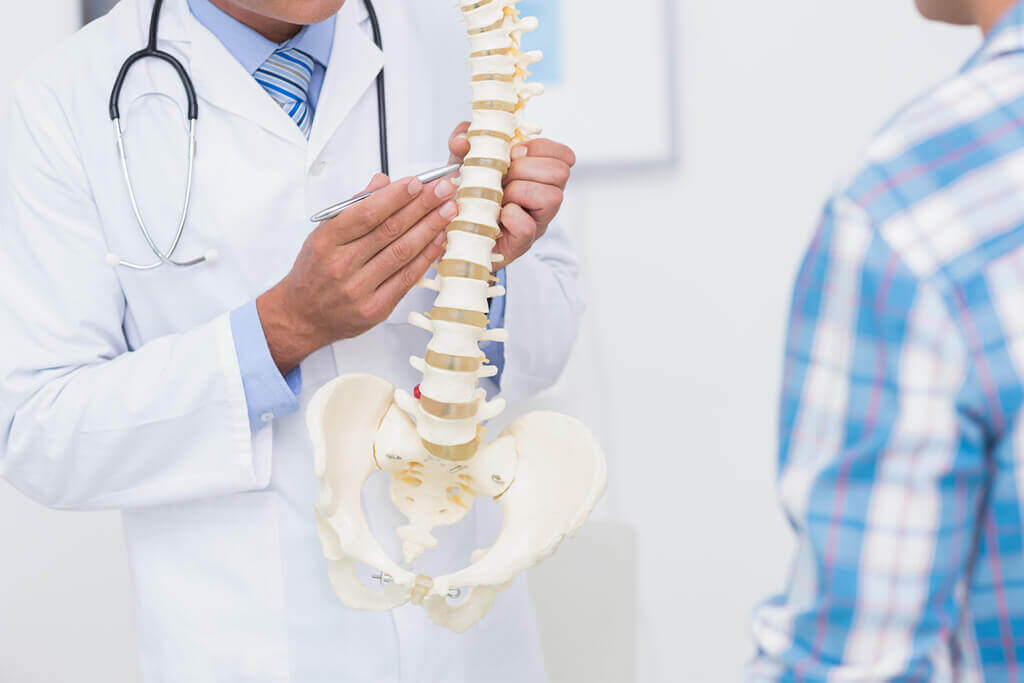Heel Cracks
Introduction
Anatomy
Causes
Symptoms
Diagnosis
Treatment
Your doctor may recommend that you wear heel cups or custom insoles in your shoes to help relieve pressure. You should avoid wearing open back shoes. Regular professional foot care can help maintain healthy heel skin.
Prevention
You can help prevent heel cracks by following your doctor’s instructions for wearing heel cups or insoles. Lose weight and maintain a healthy weight.
Am I at Risk
Risk factors for heel cracks include:
• Dry Skin
• Skin conditions such as eczema or psoriasis
• Certain medical conditions, such as diabetic neuropathy, hypothyroidism, or inactive sweat glands
• Wearing open back shoes or sandals or wearing shoes with thin soles
• Walking barefoot
• Obesity or overweight
• Standing for long periods of time
Complications

Copyright © - iHealthSpot Interactive - www.iHealthSpot.com
This information is intended for educational and informational purposes only. It should not be used in place of an individual consultation or examination or replace the advice of your health care professional and should not be relied upon to determine diagnosis or course of treatment.
The iHealthSpot patient education library was written collaboratively by the iHealthSpot editorial team which includes Senior Medical Authors Dr. Mary Car-Blanchard, OTD/OTR/L and Valerie K. Clark, and the following editorial advisors: Steve Meadows, MD, Ernie F. Soto, DDS, Ronald J. Glatzer, MD, Jonathan Rosenberg, MD, Christopher M. Nolte, MD, David Applebaum, MD, Jonathan M. Tarrash, MD, and Paula Soto, RN/BSN. This content complies with the HONcode standard for trustworthy health information. The library commenced development on September 1, 2005 with the latest update/addition on February 16, 2022. For information on iHealthSpot’s other services including medical website design, visit www.iHealthSpot.com.


